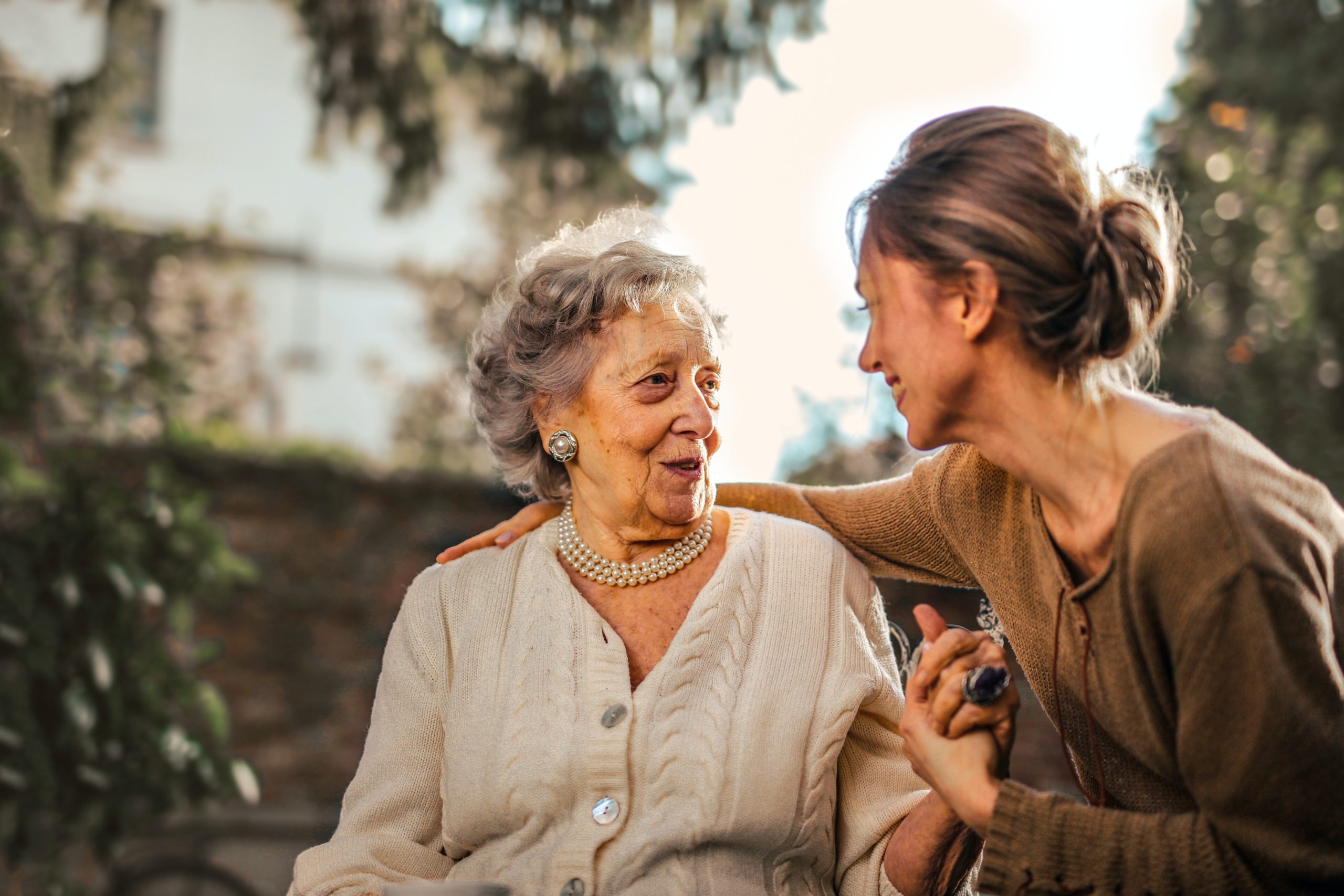By Kelsey Jochum, BSW, Certified Concierge Care Advisor
If your parents or aging relatives live independently and you are visiting them this holiday season, it might be an opportune time to discreetly check on them and look out for tell-tale signs of changes in their physical, mental, and social health. If you are among those of us who live quite a distance from our parents, likely you can relate to feeling disconnected or perhaps shielded from understanding how they function and what exactly they struggle with day to day.
Even if you do have the opportunity to see your parents a bit more frequently, it can be difficult to really evaluate all the nooks and crannies of their daily life. Perhaps partly because we don’t wish to be overly critical of them, but also because our parents (like most of us) have it in their nature to “mask” aspects of their lives – both intentionally and so often completely unconsciously – that they feel more private, sensitive, or insecure about.
When you put yourself “in their shoes” and imagine life with shrinking independence, escalating frustration, and exhaustion with what used to be basic tasks, it becomes more relatable seeing our parents make choices that prioritize keeping the status quo over making changes to promote safety.
When visiting your parents, especially if you’re travelling a distance or may not return for a while, you might consider taking the opportunity to discreetly observe them a bit more in their “natural habitat.” Keeping an eye out for physical aspects such as how they’re moving around, if they appear more frail or malnourished, any new behavior. And just as important, noticing deficits in executive functioning – does the home appear messier than usual, unattended maintenance or mail stacking up, expired or lack of their preferred food in the fridge, disorganized medications, so on and so forth. Whether you’re able to see your parents a few times a week, a month, or only once or twice a year, keeping an eye out for the same red-flags and taking mental or hard notes will help you spot changes more easily in the future.
It’s important to understand, while our parents may never show interest or may flat out deny/refuse to discuss anything relating to their own health and aging – insisting the focus be taken off them and that they’re getting along “just fine” – it’s likely too they will grow to appreciate a child’s concern if approached gently, over time, and from a place of love.

























